Julie Fitzpatrick
Learning Disability Nurse
Renfrew
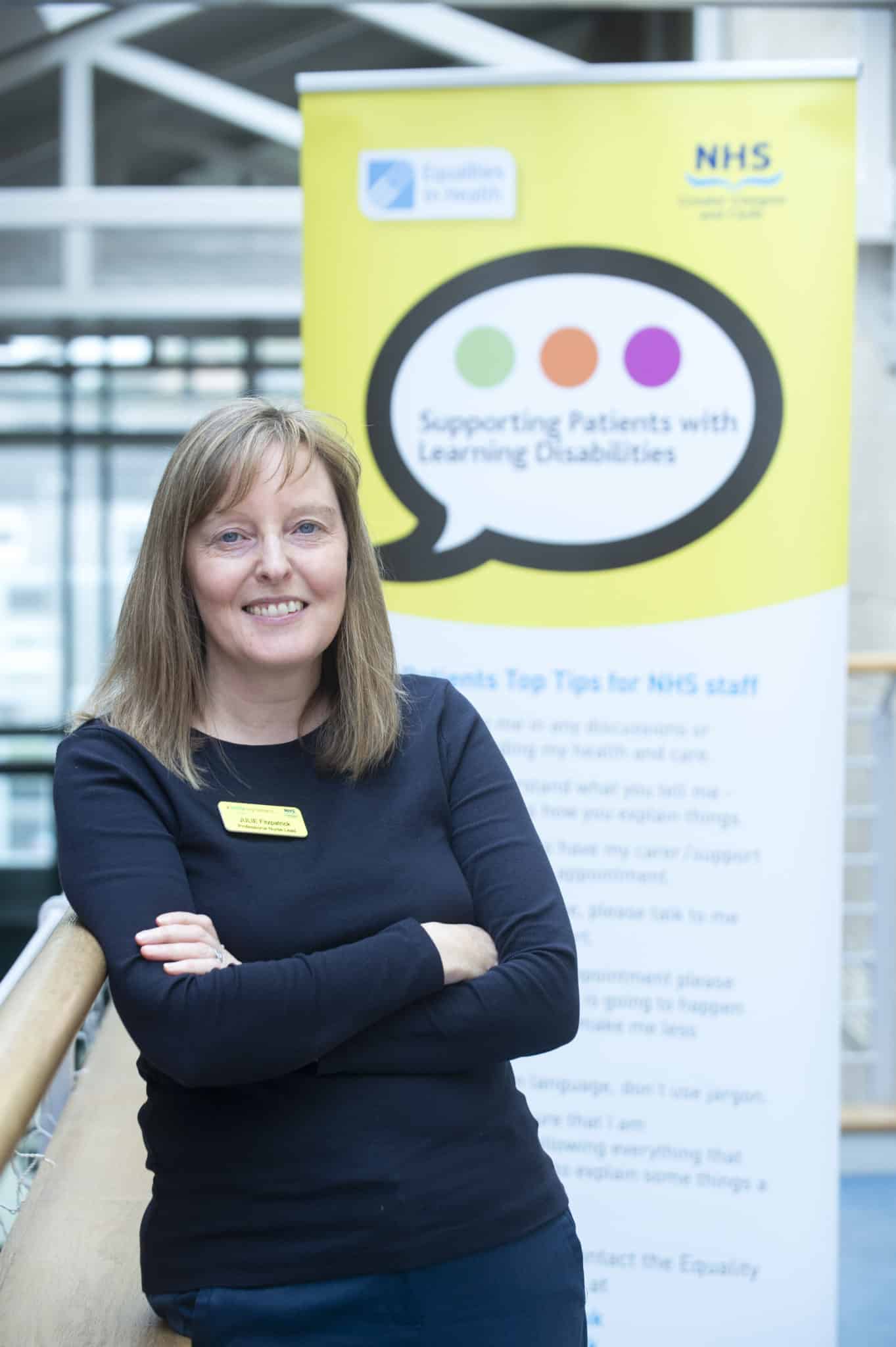
I have spent my whole career dedicating myself to improving the lives of adults with a learning disability and the work is diverse and challenging. I am Professional Nurse Lead for learning disability services providing support and direction to a small workforce spread across NHS Greater Glasgow and Clyde. I’m based in Renfrew, but my role is health-board wide. I work across six health and social care partnerships comprising eight community learning disability teams which requires developing a strong network. I also lead on system wide clinical governance processes for the entire learning disability health workforce.
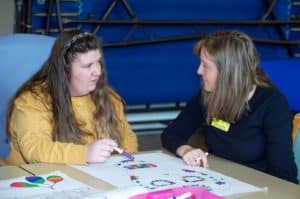 My role is about trying to find ways to improve the care that is delivered daily. A big part of that is inspiring others in the roles they have working directly with people with learning disabilities. I work alongside nursing staff to support and supervise clinical practice. I look at opportunities for change, for development and learning – so that we can make sure what we do continues to improve so we can be confident that we are delivering the best services possible. I enjoy providing professional supervision which is often required to manage complex cases to ensure that we are making the best possible decisions as a team with the individual and their family.
My role is about trying to find ways to improve the care that is delivered daily. A big part of that is inspiring others in the roles they have working directly with people with learning disabilities. I work alongside nursing staff to support and supervise clinical practice. I look at opportunities for change, for development and learning – so that we can make sure what we do continues to improve so we can be confident that we are delivering the best services possible. I enjoy providing professional supervision which is often required to manage complex cases to ensure that we are making the best possible decisions as a team with the individual and their family.
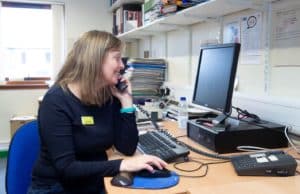
I support practice development and implementation of clinical standards. This involves ensuring community nurses are fully aware of and have the skills and knowledge to implement agreed standards of practice. I also oversee workload planning, making sure there are the correct number of nurses with the right skills to meet the needs of people with a learning disability across the health board area. I am very lucky to work with an amazing and dedicated team of staff.
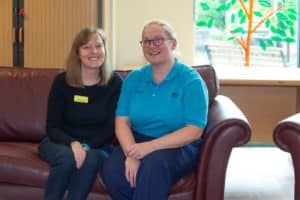 Good communication skills are absolutely fundamental – whether that’s listening to people with learning disabilities or having conversations with staff. In relation to improvement, having a passion behind what I do is vital, so that the team know that we’re not changing things for the sake of it but because I genuinely want the very best for those we care for. It’s important to inspire others and be clear as to why we are doing what we are doing. My clinical expertise enables me to work with others to undertake holistic clinical assessment for an individual and their family – it is about making sure we aren’t focusing on any single issue but looking at the person’s whole wellbeing in the context of their home circumstances and their preferences. I promote co-production, so that the individual feels genuinely empowered to make their own decisions and manage their own healthcare; the team then work to facilitate that. Part of the reason for a specialist service is that people with a learning disability are often marginalised – at times they can feel vulnerable living within the community. Much of the work I do is to ensure people don’t experience stigma and prejudice and to enable them to live the life they choose. It’s not just focusing on their healthcare needs but it’s doing more – it’s about supporting people to live well and to prevent ill health by making positive choices.
Good communication skills are absolutely fundamental – whether that’s listening to people with learning disabilities or having conversations with staff. In relation to improvement, having a passion behind what I do is vital, so that the team know that we’re not changing things for the sake of it but because I genuinely want the very best for those we care for. It’s important to inspire others and be clear as to why we are doing what we are doing. My clinical expertise enables me to work with others to undertake holistic clinical assessment for an individual and their family – it is about making sure we aren’t focusing on any single issue but looking at the person’s whole wellbeing in the context of their home circumstances and their preferences. I promote co-production, so that the individual feels genuinely empowered to make their own decisions and manage their own healthcare; the team then work to facilitate that. Part of the reason for a specialist service is that people with a learning disability are often marginalised – at times they can feel vulnerable living within the community. Much of the work I do is to ensure people don’t experience stigma and prejudice and to enable them to live the life they choose. It’s not just focusing on their healthcare needs but it’s doing more – it’s about supporting people to live well and to prevent ill health by making positive choices.
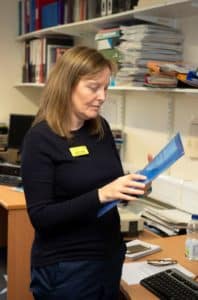 The programme has really inspired me to see the importance of my role in the care of other nursing staff. As well as helping to raise the profile of the hugely important work of learning disability nurses, I am also a champion of all nurses and I know that people with a learning disability living in their own communities will come across a range of nurses in their lives. It is together that we can make the most impact. This opportunity will help me to shine a light on the vital role which nurses have in working with people who have a learning disability. Through the Queen’s nurse programme, I feel more confident in my skills as a listener, an advocate and a negotiator; the skills I need to work effectively in partnership.
The programme has really inspired me to see the importance of my role in the care of other nursing staff. As well as helping to raise the profile of the hugely important work of learning disability nurses, I am also a champion of all nurses and I know that people with a learning disability living in their own communities will come across a range of nurses in their lives. It is together that we can make the most impact. This opportunity will help me to shine a light on the vital role which nurses have in working with people who have a learning disability. Through the Queen’s nurse programme, I feel more confident in my skills as a listener, an advocate and a negotiator; the skills I need to work effectively in partnership.